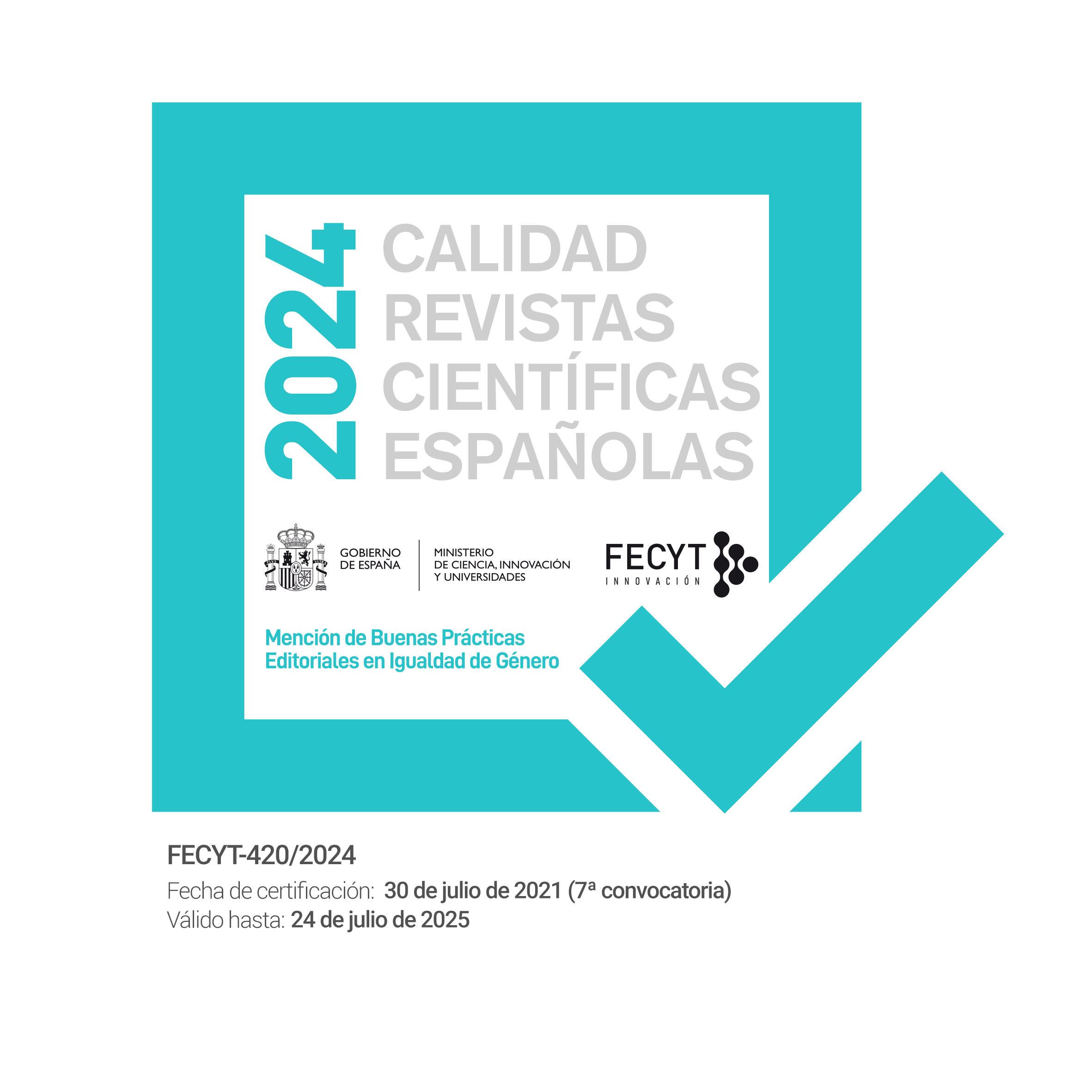RECOGNITION THROUGH REINVENTION: THE MYTH OF CHINA IN THE SPIRITUAL QUEST OF RUSSIAN POETS OF THE SILVER AGE
Palabras clave:
Russian, Poetry, Silver Age, Nikolai Gumilev, Velimir Khlebnikov, ChinaResumen
The works of Russian Silver Age poets Nikolai Gumilev and Velimir Khlebnikov display an array of Chinese motifs. These motifs dissolve into the poets’ individual creation of myths, indicating their different focuses on the cultural map of China, which correspond to their respective poetic conceptions. Despite their difference in poetics, both Gumilev and Khlebnikov embraced the idea of syncretism and restoration, which encouraged them to resort to China as a mirror that reflects the historical identity of Russia, and motivated their development of China as a trope in Silver Age poetry. Ultimately, their Chinese motifs reflect a common spiritual quest—a quest for reframing Russia’s self-identity both as a response to the trend of modernization and as a dialogue with the established European aesthetic rubrics in Russian culture.Descargas
Publicado
Cómo citar
Número
Sección
Licencia
Todos los contenidos publicados en la revista están protegidos bajo licencia Creative Commons BY-NC-ND. La jurisdicción de la misma corresponde a las leyes vigentes en España y sus condicionamientos no permiten el uso comercial de la obra ni ningún tipo de modificación sobre la misma.
Datos generales.
La revista de literatura comparada 452ºF [ISSN 2013-3294] es un proyecto editorial coordinado por la Asociación Cultural 452ºF, y desarrollado por todo el Consejo de redacción.
Acceso y empleo de los contenidos.
Todos los contenidos publicados en la revista están protegidos bajo licencia Creative Commons BY-NC-ND. La jurisdicción de la misma corresponde a las leyes vigentes en España y sus condicionamientos no permiten el uso comercial de la obra ni ningún tipo de modificación sobre la misma.
Es decir, toda persona tiene derecho a acceder libremente a cualquiera de los contenidos de la revista siempre y cuando se asuman los deberes de no lucrarse de un trabajo ajeno y de salvaguardar los derechos morales de los diversos autores implicados en el proceso de creación y edición de los artículos y de la revista.
En todo caso, es necesario citar la procedencia en cualquier reproducción parcial o total.
Bases de toda convocatoria de la revista.
- 1. El autor acepta que el envío de su trabajo…
- a. no garantiza la publicación del mismo.
- b. cumple con todos los requisitos plasmados en el Manual de estilo de la revista y la convocatoria correspondiente.
- c. implica la cesión no exclusiva de los derechos de primera publicación del mismo, siempre que sea considerado apto, a la Asociación 452ºF, que podrá distribuirlo libremente bajo licencia Creative Commons BY-NC-ND (cuyas limitaciones, lógicamente, no le afectan).
- 2. La revista 452ºF, respetando los derechos morales de la propiedad intelectual, se compromete a…
- a. valorar todo artículo recibido procediendo según lo pautado en el Sistema de arbitraje.
- b. notificar el acuse de recibo y valoración del artículo a su autor (indistintamente de si ha sido seleccionado o descartado).
- c. publicar íntegro todo artículo seleccionado, pero guardándose el derecho a variar su disposición tipográfica de acuerdo a las reglas de maquetación.
- d. publicar el artículo bajo licencia Creative Commons BY-NC-ND.




